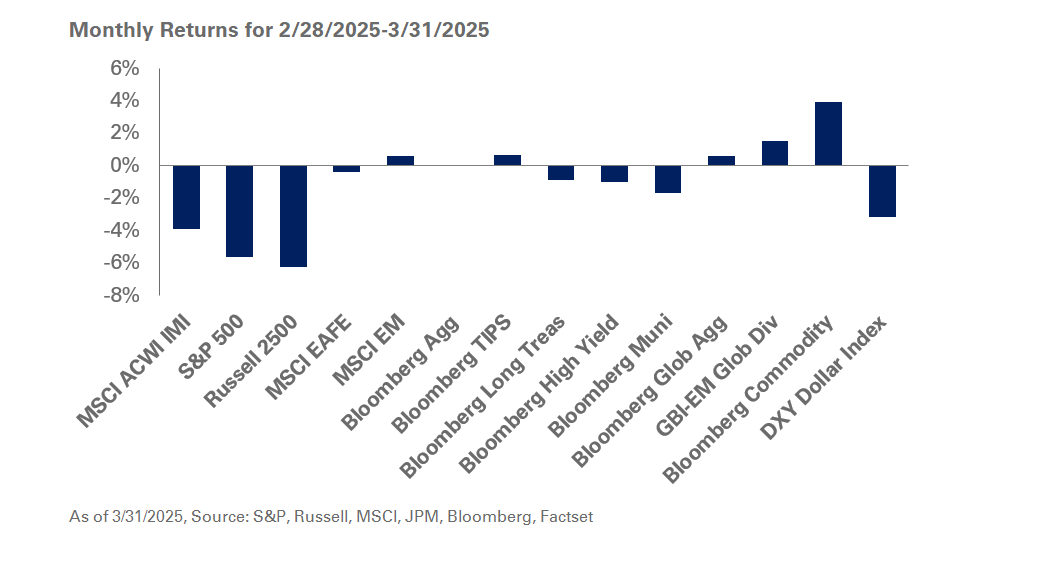The rapidly shifting economic outlook, precipitated by the turmoil in the banking sector, is fueling volatility in short-term Treasuries.
Two-year Treasury yields declined over 100 basis points peak to trough in March. Hedge funds with exposures to directional rates, especially global macro and trend-following strategies, as well as others with exposures to these approaches — fund of hedge funds (FoHFs) and multi-strategy hedge funds — have been the most affected by this abrupt reversal. The rapid move in yields has both managers and models repositioning and resizing portfolios.
In early March, the Federal Reserve reiterated its commitment to raising rates in the face of rising inflation. This led to two-year yields moving above 5% for the first time since 2007. But the banking crisis, which started with the collapse of Silicon Valley Bank (SVB), quickly altered expectations, and markets began discounting the potential for rate cuts by the end of the year.
Global macro managers express both relative value and directional views on interest rate changes. Trend-following strategies had meaningful short rates exposure, given the increases in the two-year yield over the past year, driving models to position portfolios for that trend to continue, with nuance in their positioning driven by the time horizon of the trend-following signal utilized, along with other factors. This exposure underscored the prevailing market dynamic as SVB collapsed.
At NEPC, the short-term impact on March’s month-to-date returns have not altered our view on the role of global macro strategies as strong portfolio diversifiers over a full economic cycle. The sudden reversal in rates confirms our position that intermediate-to long-term trend-following strategies typically struggle when a trend abruptly changes.
We believe the full impact of rate volatility is very much still in flux and could present additional opportunities going forward, creating pockets of value for both fixed-income relative-value and currency investors. For more details or if you have any questions, please contact your NEPC consultant.



